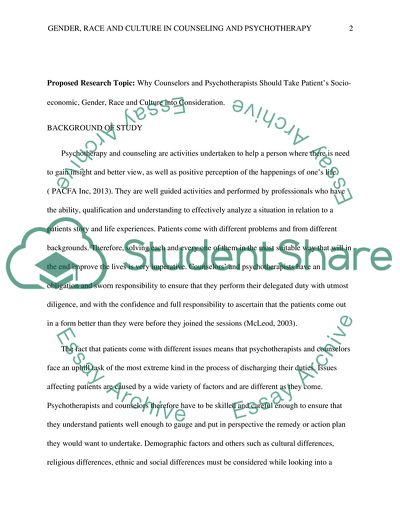Cite this document
(Why COUNSELLORS and PSYCHOTHERAPISTS Should Take Patients Gender, Race Coursework, n.d.)
Why COUNSELLORS and PSYCHOTHERAPISTS Should Take Patients Gender, Race Coursework. https://studentshare.org/psychology/1796949-why-counsellors-and-psychotherapists-should-take-patients-gender-race-and-culture-into-consideration
Why COUNSELLORS and PSYCHOTHERAPISTS Should Take Patients Gender, Race Coursework. https://studentshare.org/psychology/1796949-why-counsellors-and-psychotherapists-should-take-patients-gender-race-and-culture-into-consideration
(Why COUNSELLORS and PSYCHOTHERAPISTS Should Take Patients Gender, Race Coursework)
Why COUNSELLORS and PSYCHOTHERAPISTS Should Take Patients Gender, Race Coursework. https://studentshare.org/psychology/1796949-why-counsellors-and-psychotherapists-should-take-patients-gender-race-and-culture-into-consideration.
Why COUNSELLORS and PSYCHOTHERAPISTS Should Take Patients Gender, Race Coursework. https://studentshare.org/psychology/1796949-why-counsellors-and-psychotherapists-should-take-patients-gender-race-and-culture-into-consideration.
“Why COUNSELLORS and PSYCHOTHERAPISTS Should Take Patients Gender, Race Coursework”. https://studentshare.org/psychology/1796949-why-counsellors-and-psychotherapists-should-take-patients-gender-race-and-culture-into-consideration.


